As I rode in the car to the nursing home each week, I would look out the window at all the trees, plants, and people that flitted by. I marveled at the life that surrounded me and how utterly beautiful it was. I began to wonder how, eventually, when time comes to pass, all of it will fade. The trees would slowly wither, and the people would grow old and pass away. I found myself asking what the point in living was when we all eventually departed from this world.
For most of my life I have had to learn how to cope with the fundamental fact that my father had Huntington’s disease. If you are unfamiliar with this condition I will break it down for you in two ways. First is the medical definition: Huntington’s disease (HD) is a progressive, inherited neurological disorder that causes nerve cells in the brain to degenerate, leading to involuntary movements, cognitive decline, and emotional changes. Second is the emotional toll it takes – not only on the person diagnosed but their family as well.
Over the years, I had to watch my father slowly begin to show symptoms of HD. I first noticed subtle changes in his mannerisms and frequent falls. At the time, these things did not feel like a big deal, but I was so young that I could not possibly understand their weight.
When my mom told me that he was going to have to move into a nursing home I still did not quite understand. By then, I knew that there was something wrong with my father, but I was confused. Why was he sick? Why could we not take care of him? I thought nursing homes were for the elderly. My father was not old.
After he had moved into the nursing home his absence was palpable. We would always watch Disney princess movies together, but I was left to watch them on my own. We would even bake homemade biscuits, but now I bake Pillsbury biscuits. Whenever I needed my dad, he was not there. I could no longer run into my parents’ room and talk to him on the bed. He was no longer sitting in his chair where he would watch all of our favorite movies – Star Wars, Narnia, and The Lord of the Rings.
My family and I would go to visit him every week but each time I saw him he looked a little different from the man I knew as my father. He no longer acted like him either. He no longer could act like him. Slowly, he began to lose his ability to control his movements and his ability to speak. Even his mind began to change. Later, he had to move to a different nursing home in Dallas, and we could not visit him as often. I started to only see him on the holidays or special occasions, but I did not mind because I began to dread seeing him. I felt terrible for feeling that way, but the memories I had of him before the disease took effect began to fade. I did not want all my memories of my father to be the ones of him with the disease in the nursing homes.
The hardest part of loving someone with HD is that grief begins long before they are gone. The loss happens gradually, which left me to watch knowing that there was nothing that I could have done to prevent the inevitable. When I got the news that my father had passed, I felt horrible, though at the same time something deep inside of me felt strange relief. I felt relief because my father was no longer suffering, for there is no disease or pain in heaven. I knew that he is now in heaven with his Lord and Savior Jesus Christ. I picture him walking with God through cotton fields. Sometimes they are just walking in silence enjoying each other’s presence, while at other times they are speaking in deep conversation. Not sorrowful conversations, but the kind you have when you are truly getting to know someone.
I understand now that, though my father had Huntington’s disease, it did not define him. It did not erase the man he was before the disease. It may have changed his body and mind, but it could not touch his spirit which forever belongs to Jesus Christ. It only made my love for my father fiercer. It made me appreciate the man he was, a humble farmer who loved his wife and children.
Through this, I have come to understand that we should always cherish our memories, no matter how small or insignificant they may seem. It has taught me to make the most of every moment and embrace life fully. We, as human beings, are meant to fill our lives with love and passion. We are meant to feel — whether it is joy or sorrow, understanding or confusion. And eventually, when our time comes to leave this world, we will do so having loved and been loved. When we live this way, we leave behind some joy and beauty, so that others may catch a glimpse and be inspired.
This story was originally published on The Bear Facts on September 16, 2025.



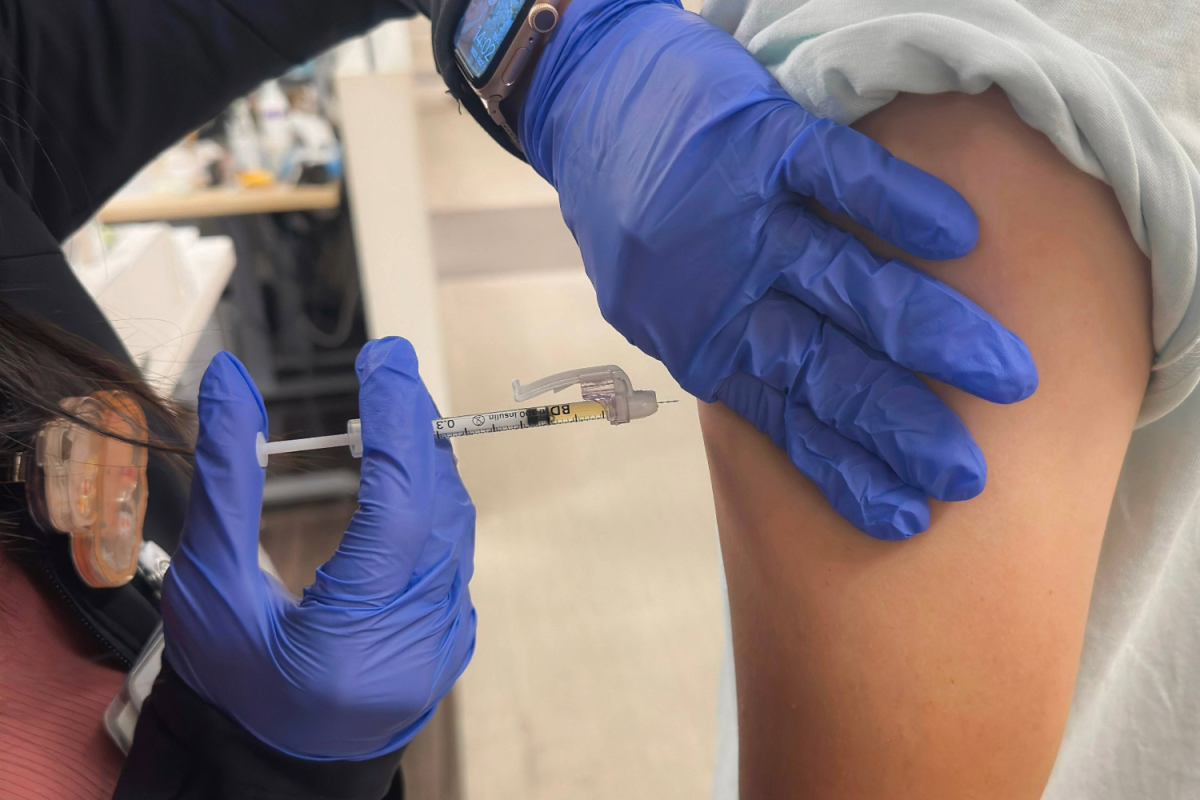

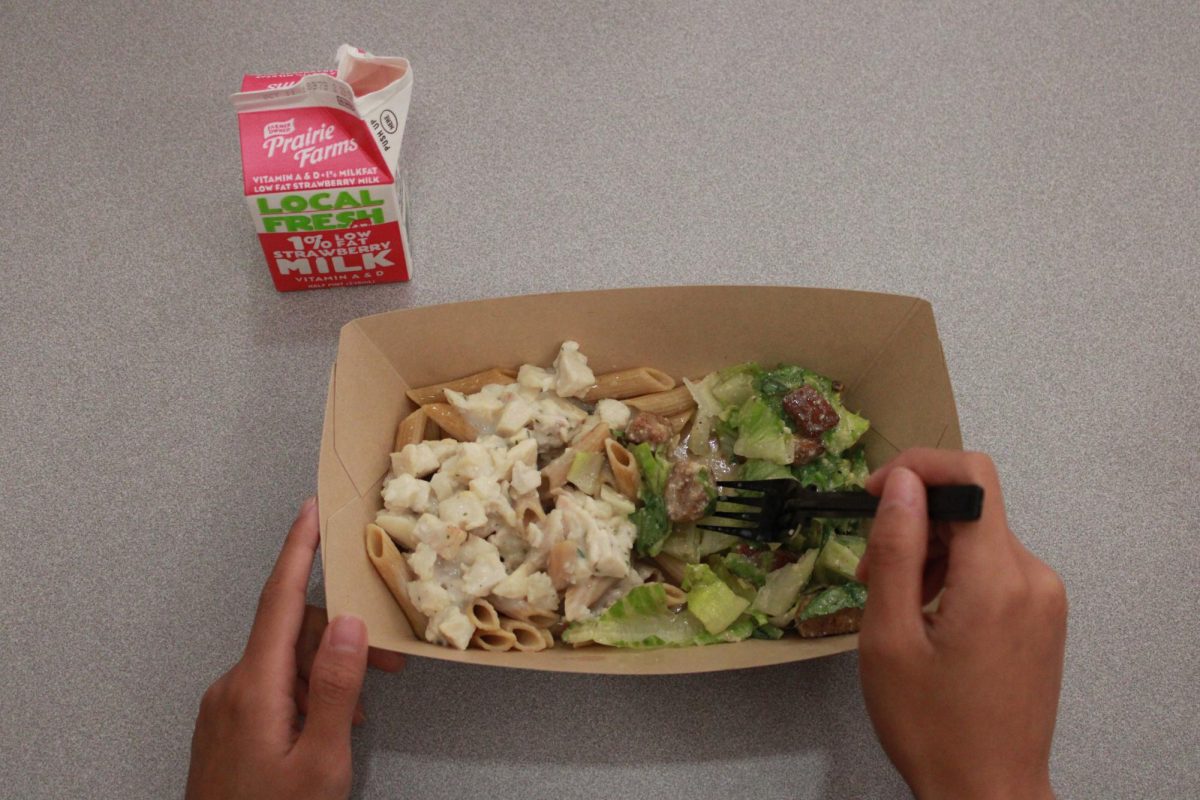

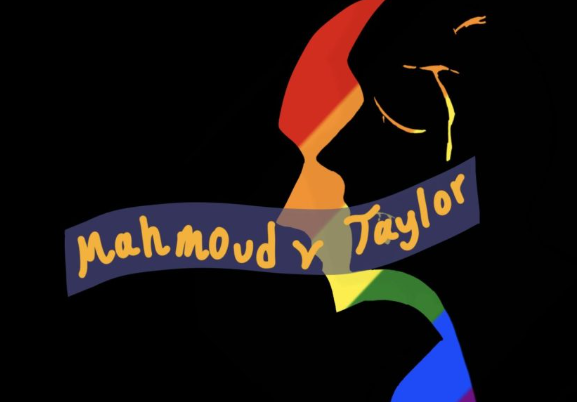




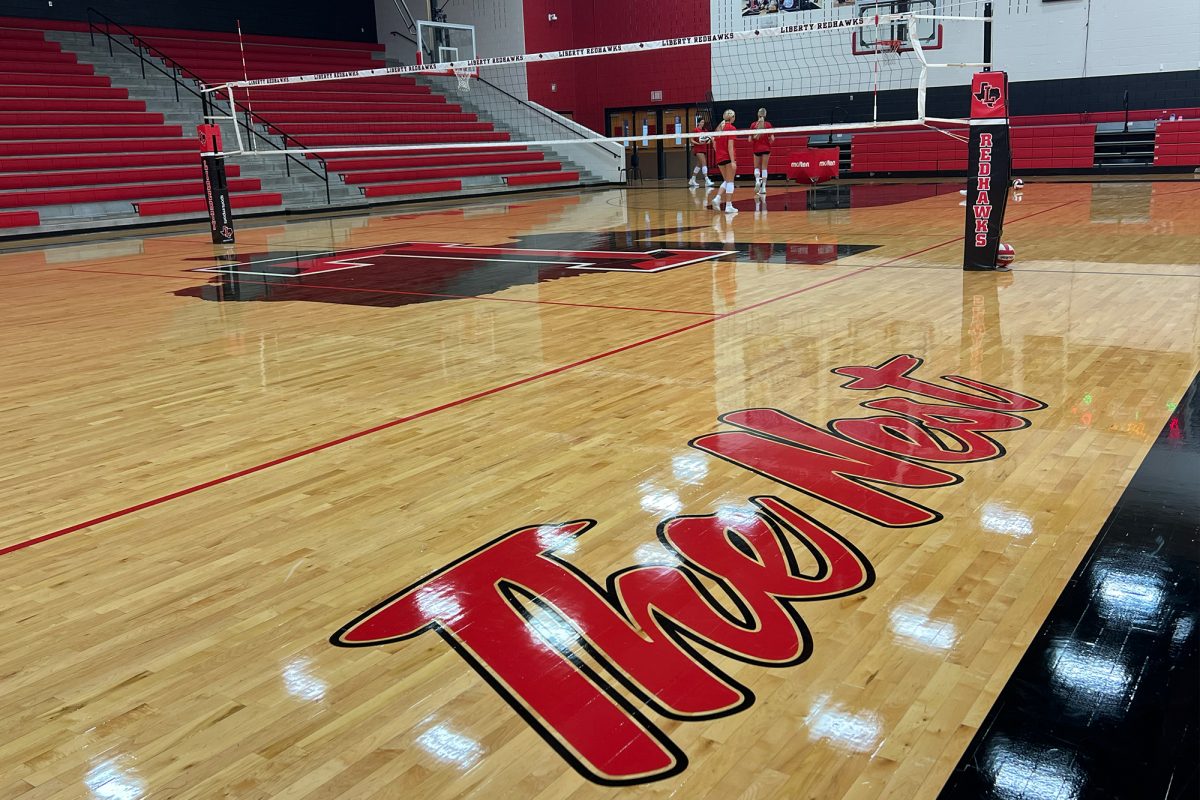
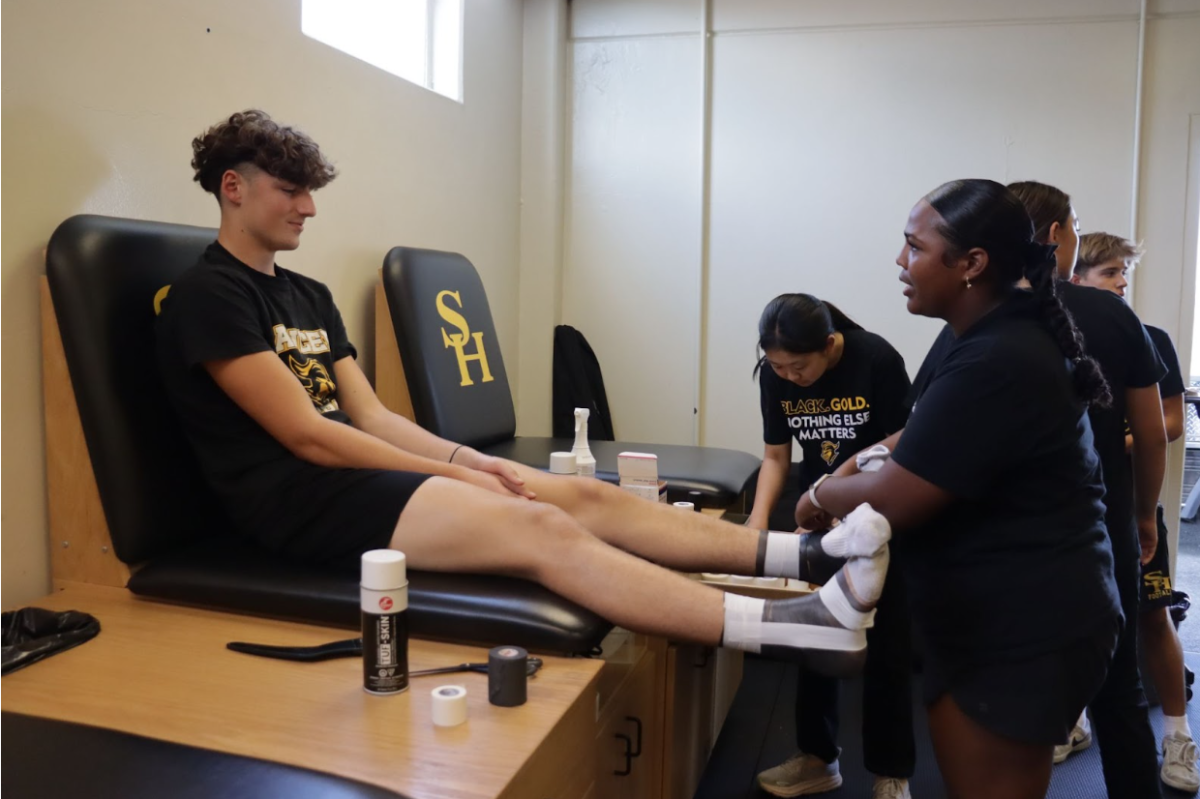
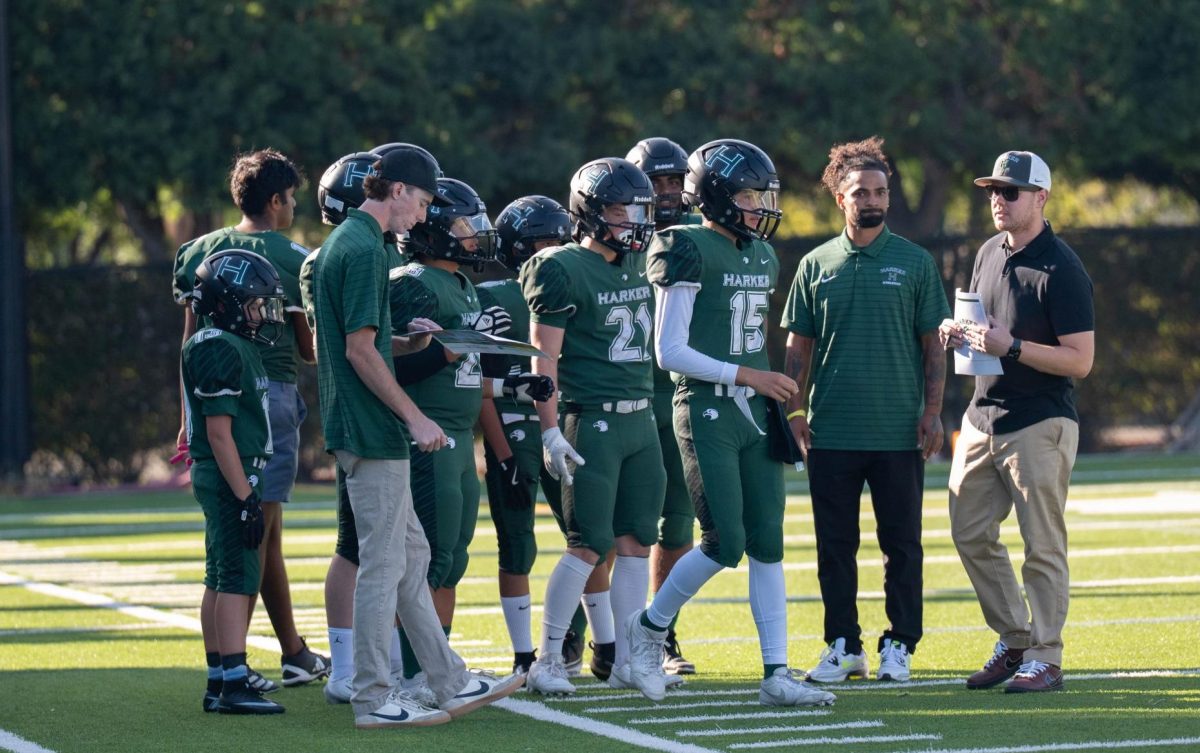

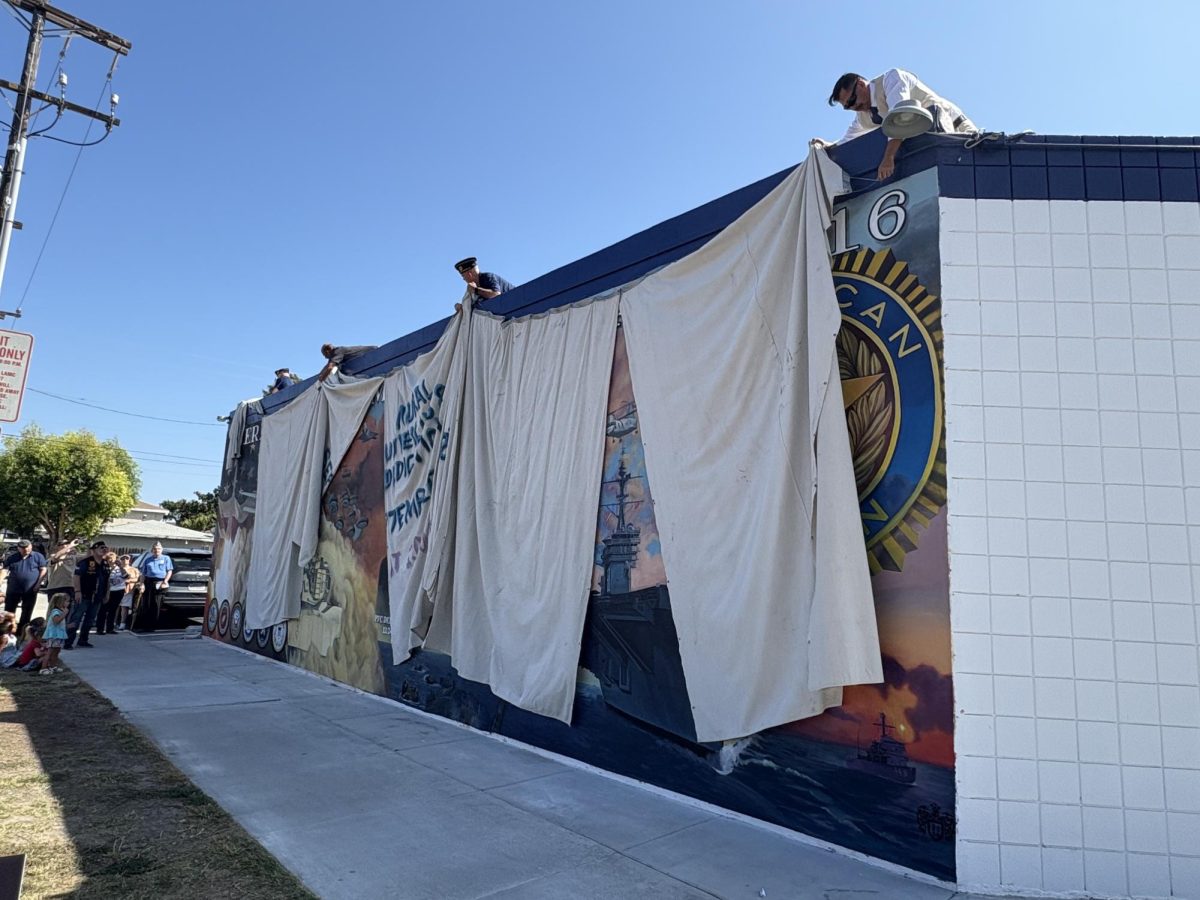
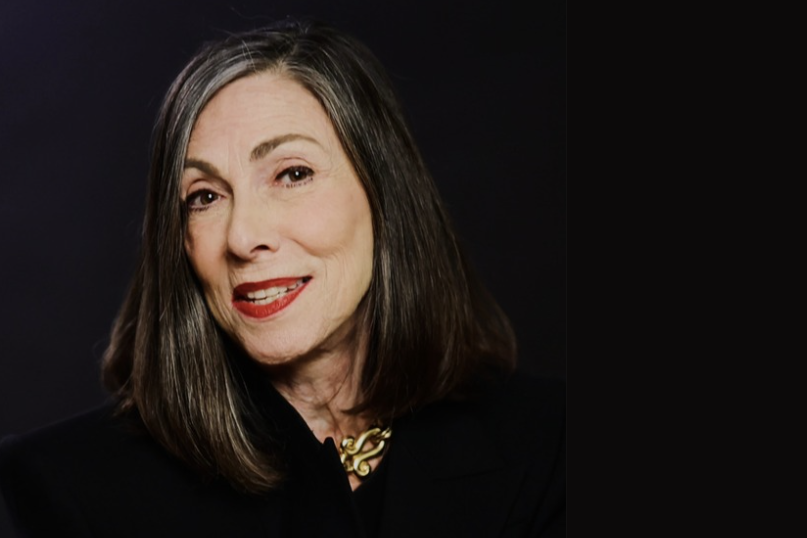
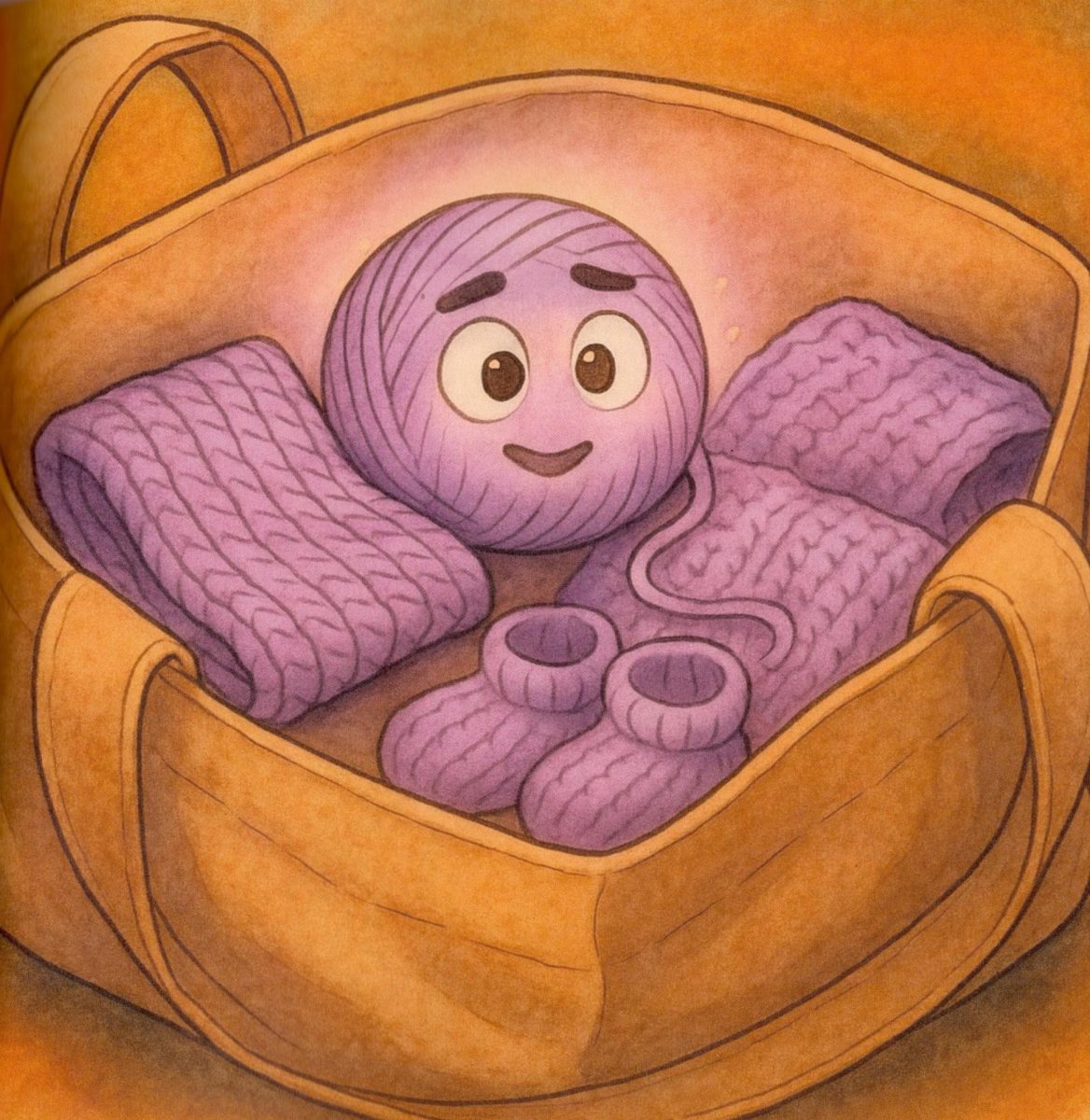
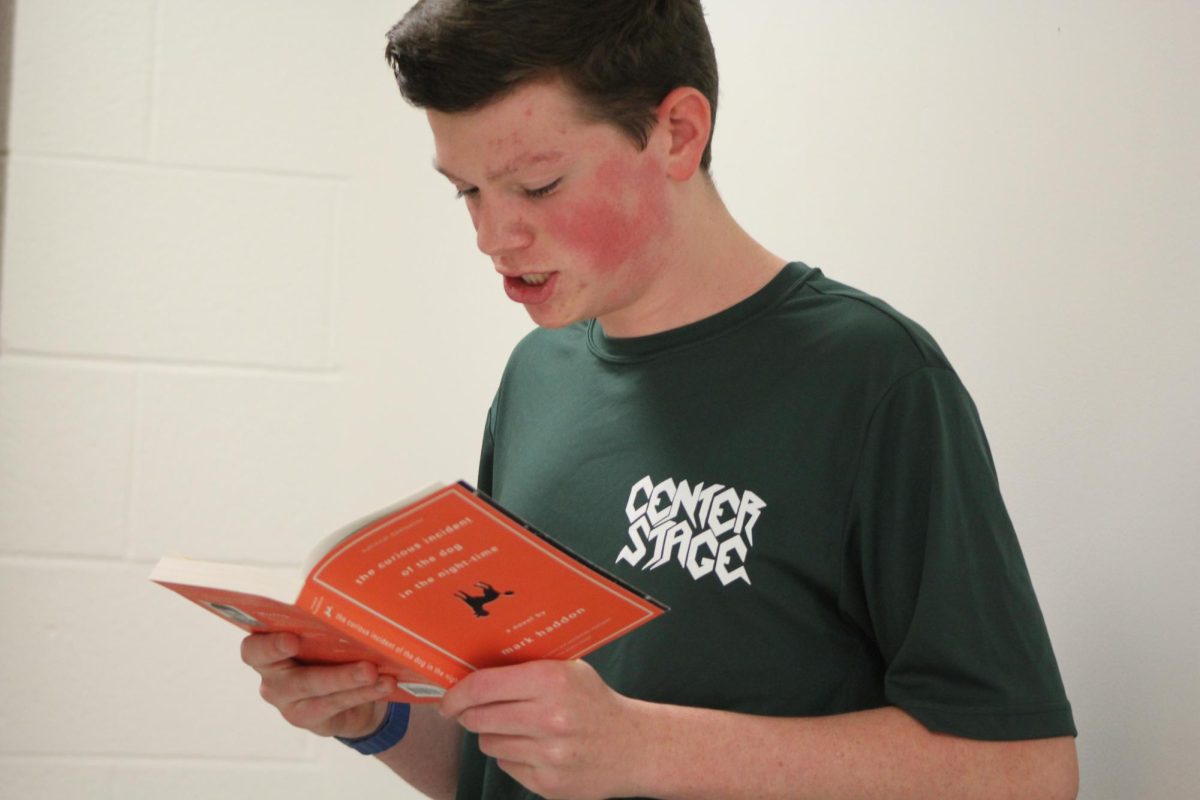
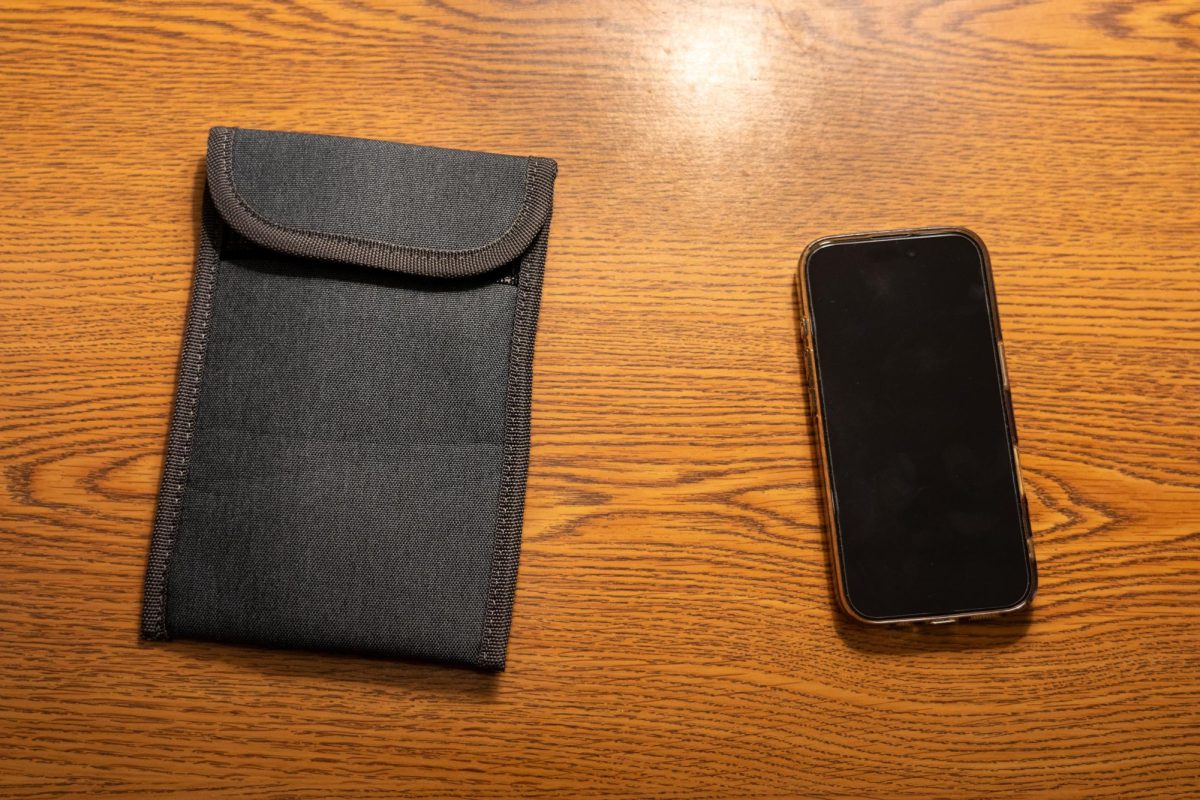



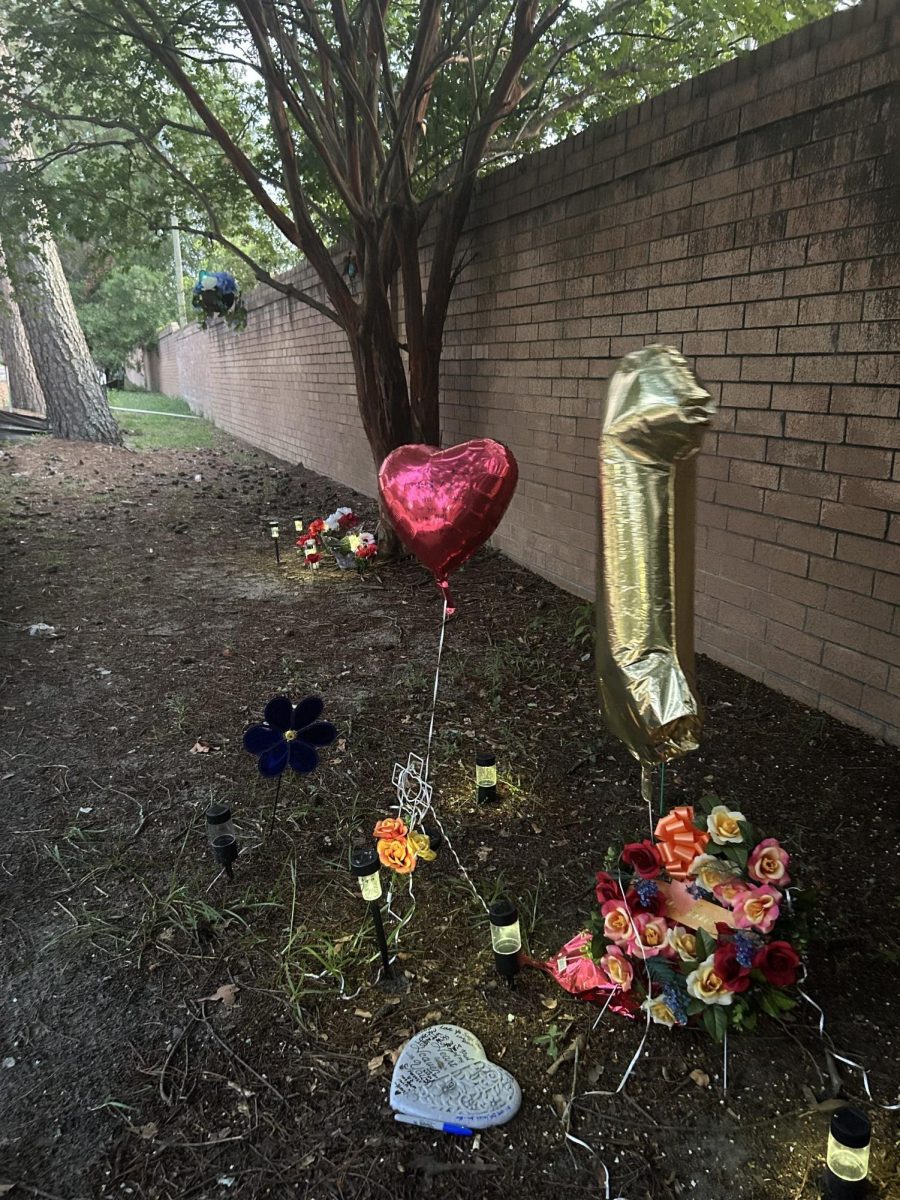











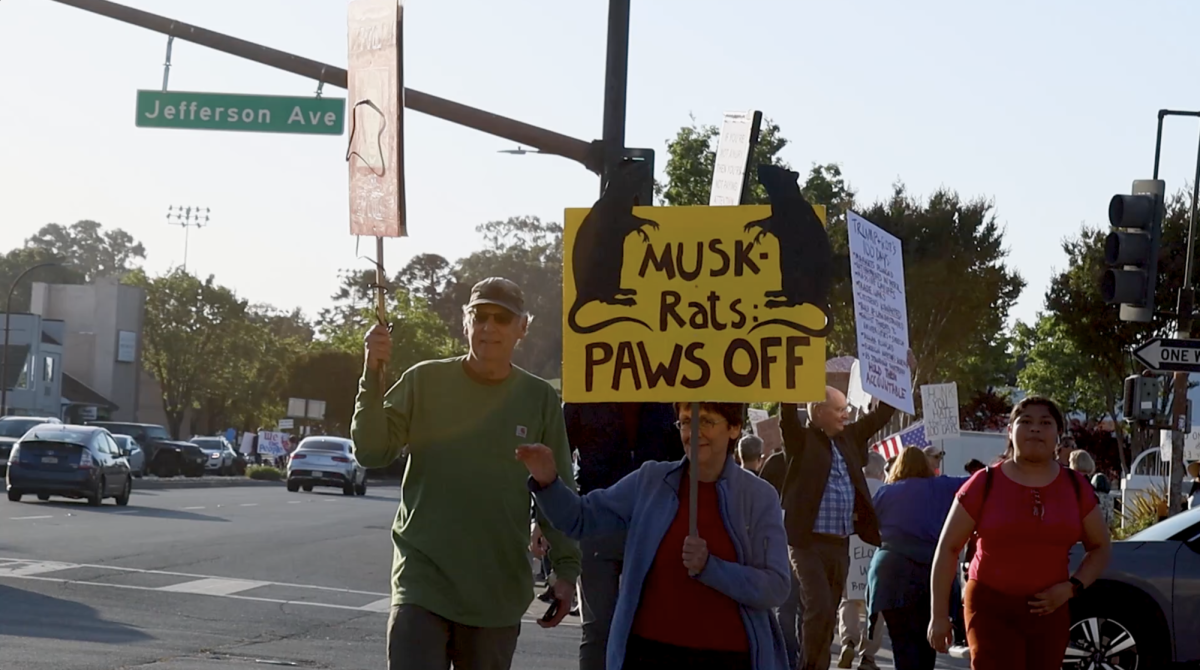
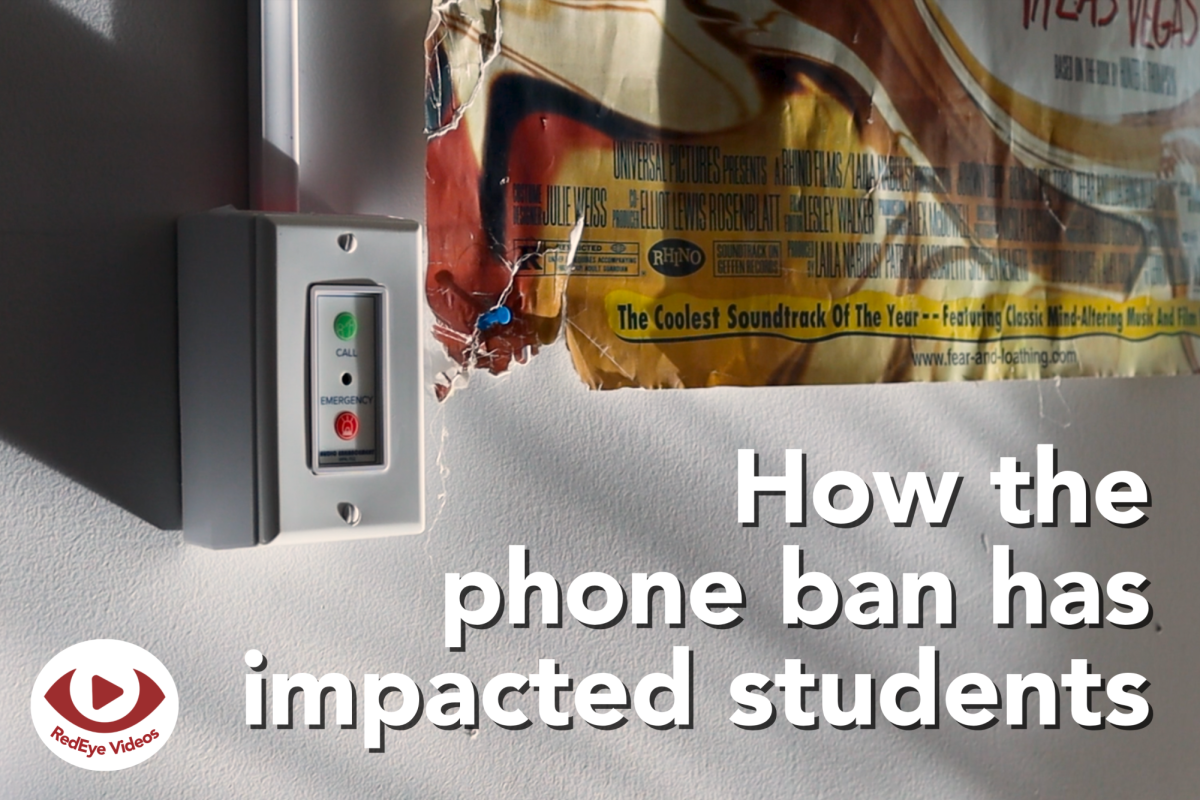
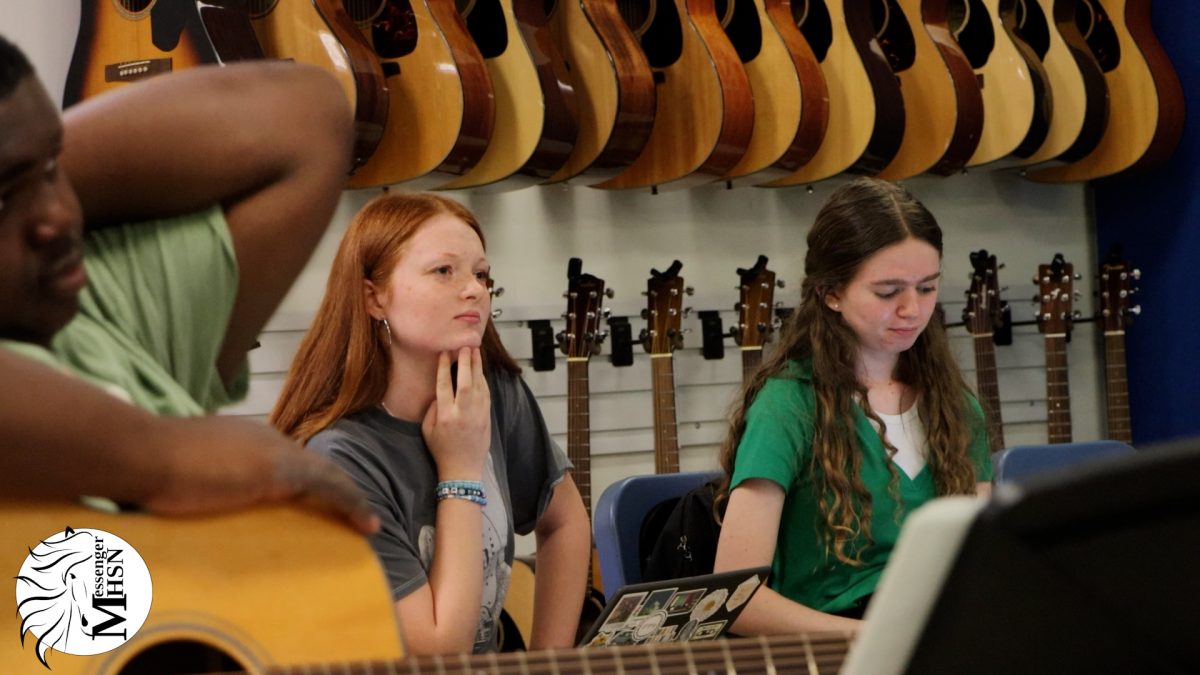
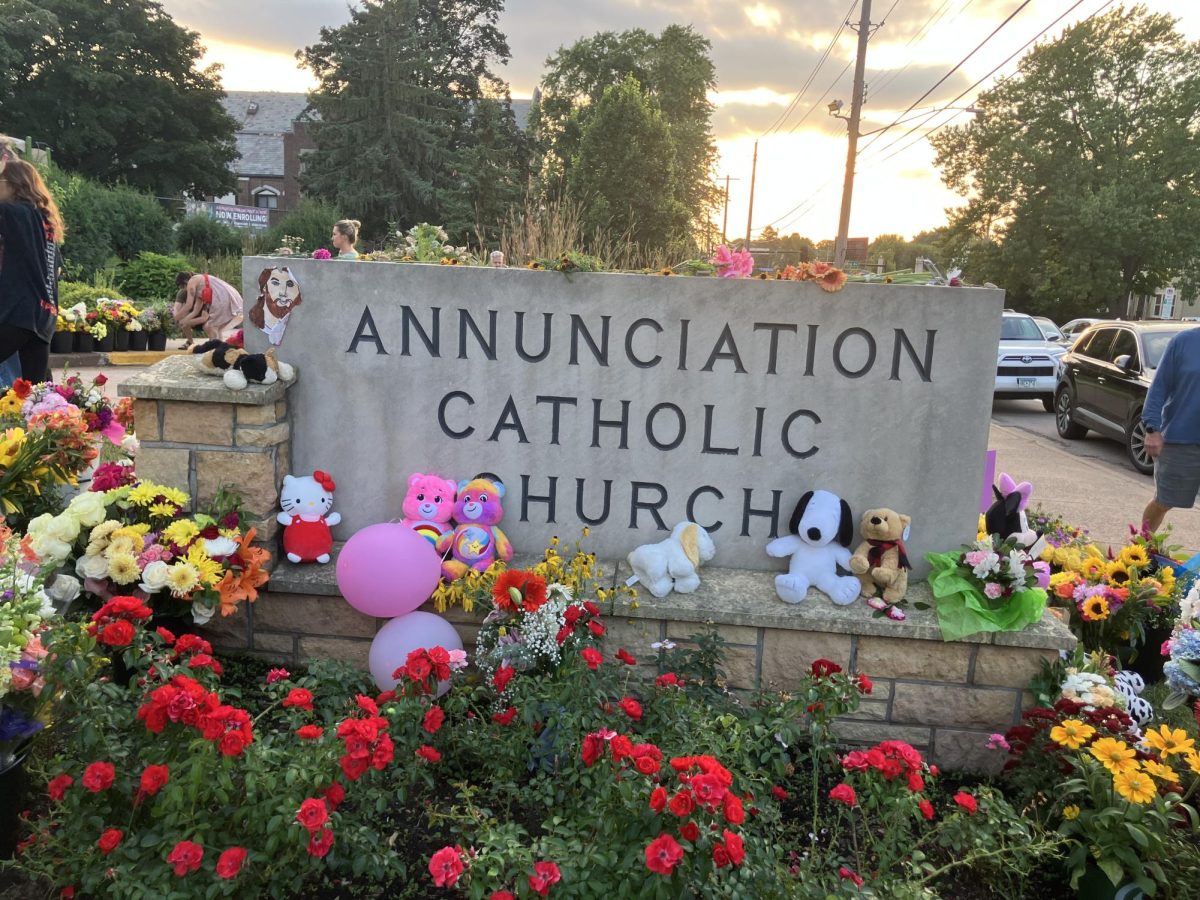
![Inspiration. Ten years ago, Price and Saboe found a way to memorialize Dodson and her impact in the volleyball program. The Erin Dodson Memorial volleyball games highlight Dodson's determination and positivity, even in the face of obstacles. "[We wanted] to be able to give to others based on the legacy that Erin had created as a person," Saboe said. "[We] thought honoring her like this would be the best way that we can honor her." (Courtesy of Sandra Mitchell)](https://bestofsno.com/wp-content/uploads/2025/10/IMG_1319-1-e1759443066570-1200x658.jpg)